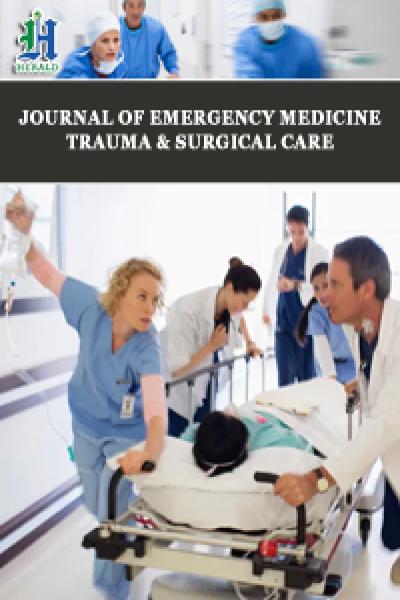
Critical Care
Critical care medicine continues to evolve rapidly, with significant innovations improving patient outcomes in emergency and intensive care settings. Mechanical ventilation strategies, including lung-protective approaches and high-flow nasal oxygen, have become standard for managing acute respiratory failure. Early, targeted resuscitation in sepsis—guided by lactate levels and rapid source control—remains a cornerstone of critical care. Point-of-care ultrasound (POCUS) and minimally invasive hemodynamic monitoring enable real-time diagnostic and therapeutic decisions. The integration of artificial intelligence in ICU settings is enhancing early detection of clinical deterioration and optimizing resource utilization.
Management of post-cardiac arrest patients now includes refined protocols for targeted temperature control to improve neurological outcomes. Delirium prevention, early mobilization, and structured sedation protocols are being increasingly adopted to reduce long-term morbidity. Interdisciplinary collaboration, evidence-based practice, and family-centered care are emphasized to ensure holistic management. These advances underscore a continued commitment to improving survival, functional recovery, and the overall quality of care in critical illness.

